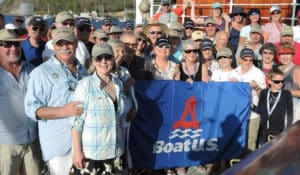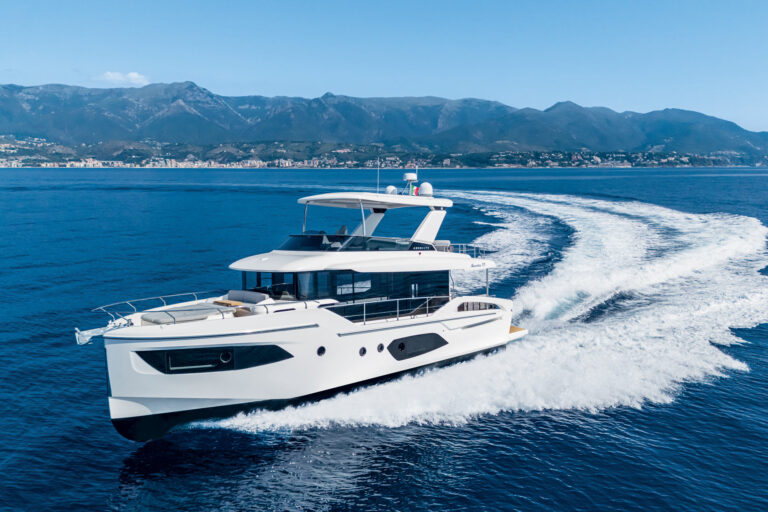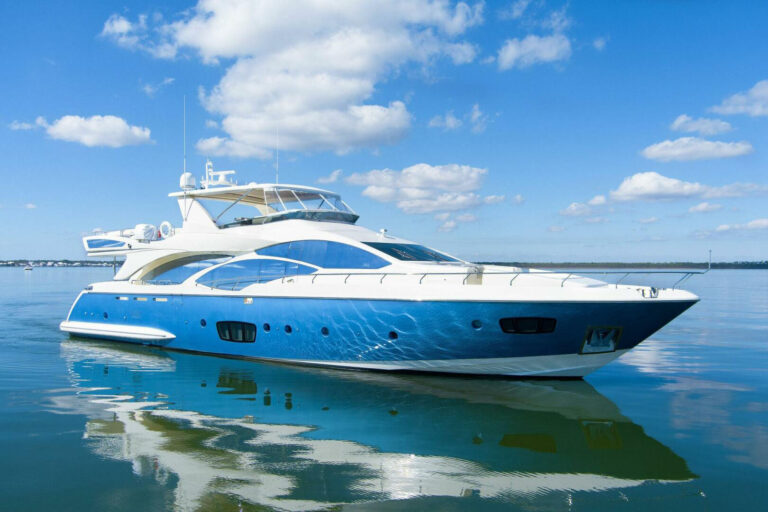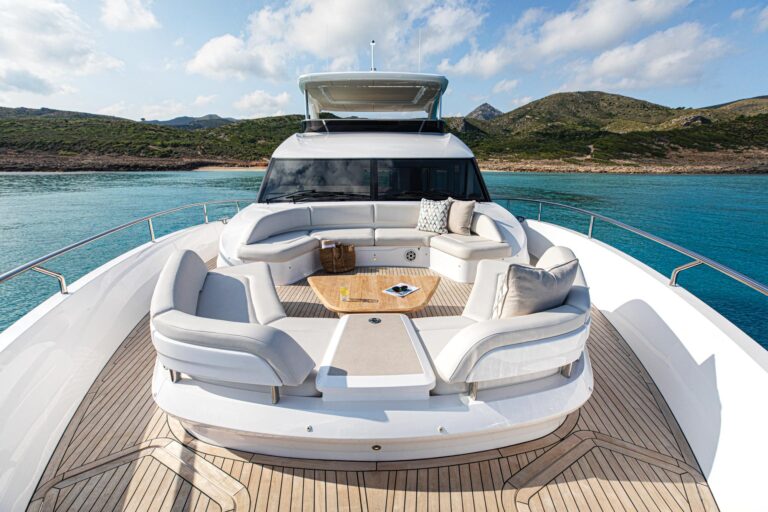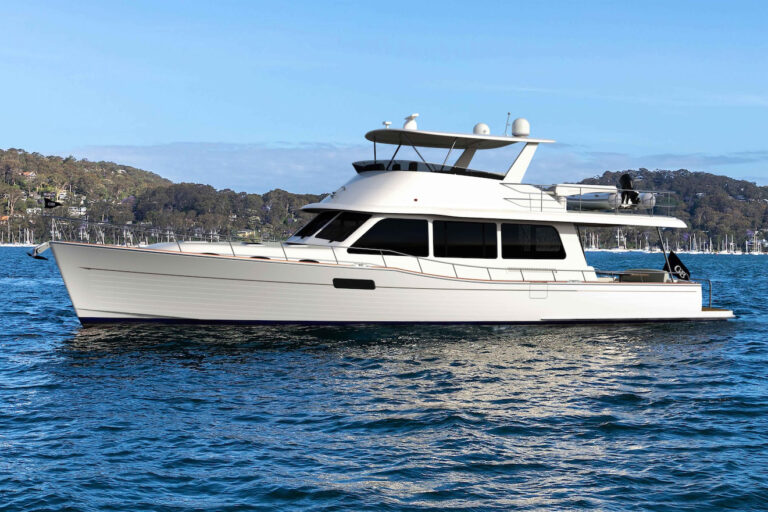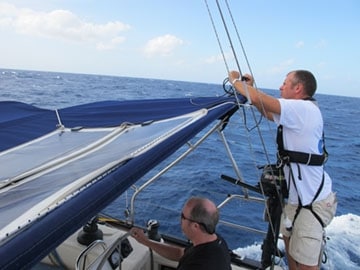
ytgdec1blog1.jpg
18°25.764N 43°56.472W Boat Speed: 7 knots Wind Speed: 10-15 knots Magnetic Direction: 252° Distance Traveled Thus Far: 1,775.4 nautical miles
On Tuesday morning there was an almost tangible amount of stress aboard Snark. We had experienced what seemed like endless days of high seas and high winds, with the churning ocean tossing us about constantly. A pervasive lack of sleep, combined with our mechanical difficulties, was starting to wear on everyone on board. Our generator was still not working, our batteries weren’t charging properly, our water levels were running low, we’d had to tap into one of our two reserve tanks, and without the power needed to run the watermaker, we weren’t refilling fast enough. We had made it halfway across the ocean, and now, like an initiation into the gang of the Western Atlantic, the seas were testing our resilience, bending us to see if we would break. Something had to change. Ben, Dugald, and I set to thinking. We decided that the problem with our generator lay in the starter battery. What if we removed the starter battery from the generator, and moved it into the engine battery bank, hooked it up to the generator battery, and tried to jump it? Of course, if this didn’t work, and for some reason we shorted the starter battery, we would have no engine. This was a sobering drawback. We lashed the generator battery into place near the starter battery and prepared to hook everything up. We had been able to remove one battery connector from the generator battery (red to red), for the other connection we used several lengths of 20-amp wire spliced together. “Now, Ben,” Dugald said, as we got ready to make our connection, “is there a way I can shut off the battery, an isolator switch perhaps, if the wires start smoking and catch fire from the excessive ampage? We certainly don’t want anything to explode.” Now, I don’t know about you, but when I hear terms like “fire,” “smoking,” and “explode,” especially when I’m well over a thousand miles from a landmass, a little red flag pops up. Hmmm this could either work, or this could go horribly, horribly wrong. Flashes of Mayday calls and evacuation drills began to run through my head. “Chris,” Ben said, “Go topside and man the steering, on the off chance that we blow everything out-the autopilot will go off and you’ll have to try and keep us on our course.”
“You got it,” I replied. I went topside, sat behind the helm, and lit a cigarette. These are the times when a religious man prays and an atheist drinks, but it was only 0945 hours, so I settled for a cigarette. “All right,” I heard Dugald shout, “fire up the engine.” I did. It started. No smoke, no flames, no screams of agony. We were, so far, in the clear. We let the battery charge for a few hours, keeping an eye on it with our voltage meter. At around 1300 hours we unlashed it and carried it back to the generator, hooked it up, and fired up the generator. I heard the soft churning as it rolled over-it was like a choir of angels singing from on high. As the day progressed, our batteries recharged and our watermaker worked its magic. The seas began to lie down a tad, the wind was still strong, but the direction shifted just enough in the right direction for our boat to pick up speed, and we all celebrated with a beer. This morning, we noticed that the generator battery was not holding a charge as well as we would have liked, so we hooked the solar panels directly to the generator battery to keep a charge on it. So far, this is working and seems to have our problem solved-well, least enough for us to make it to St. Lucia where there is a Fischer Panda service center. Lesson learned? The ability to troubleshoot and problem-solve is one of the most valuable traits you can have when you’re out on the ocean without a mechanic to call, or someone in the slip next to you to lend a hand. One night as we ate dinner, after Ben had jury-rigged a part of the block on our mainsail that had broken, I told him that he was a real MacGyver. “Wasn’t he always blowing things up?” he asked. “Well, yes,” I said, “but he did it very cleverly.” And, yesterday, we cleverly didn’t.
For previous blog entries click here.

